The criticism aimed at Prince William's plan to end homelessness
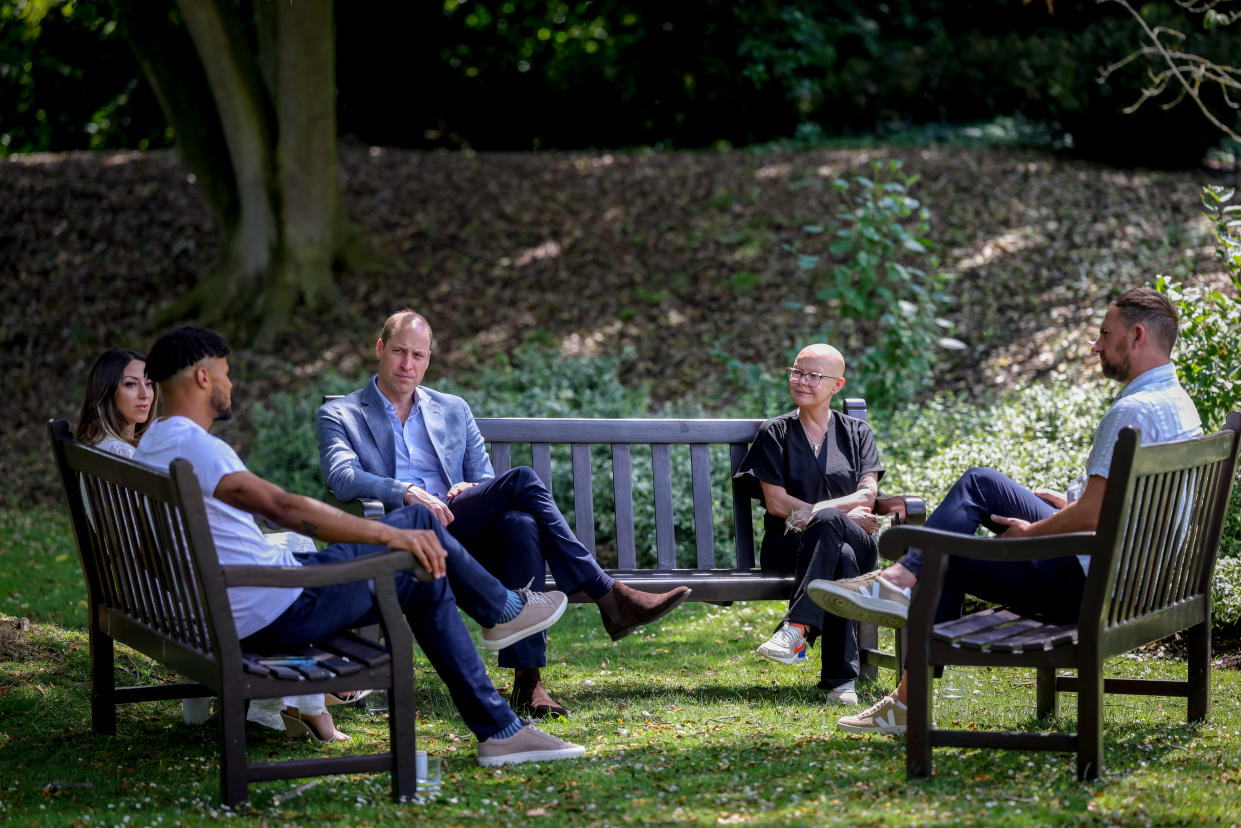
What's happening? Prince William has announced today his five-year plan to end homelessness in the UK, which will be called Homewards.
Homewards will see William and the Royal Foundation partner with six different locations across the UK to show that ending homelessness is possible. He then aims to scale this model up throughout the country and beyond in the long term.
Each location will receive up to £500,000 of seed funding to allow them to deliver an action plan, created in conjunction with homelessness organisations and an independent research partner.
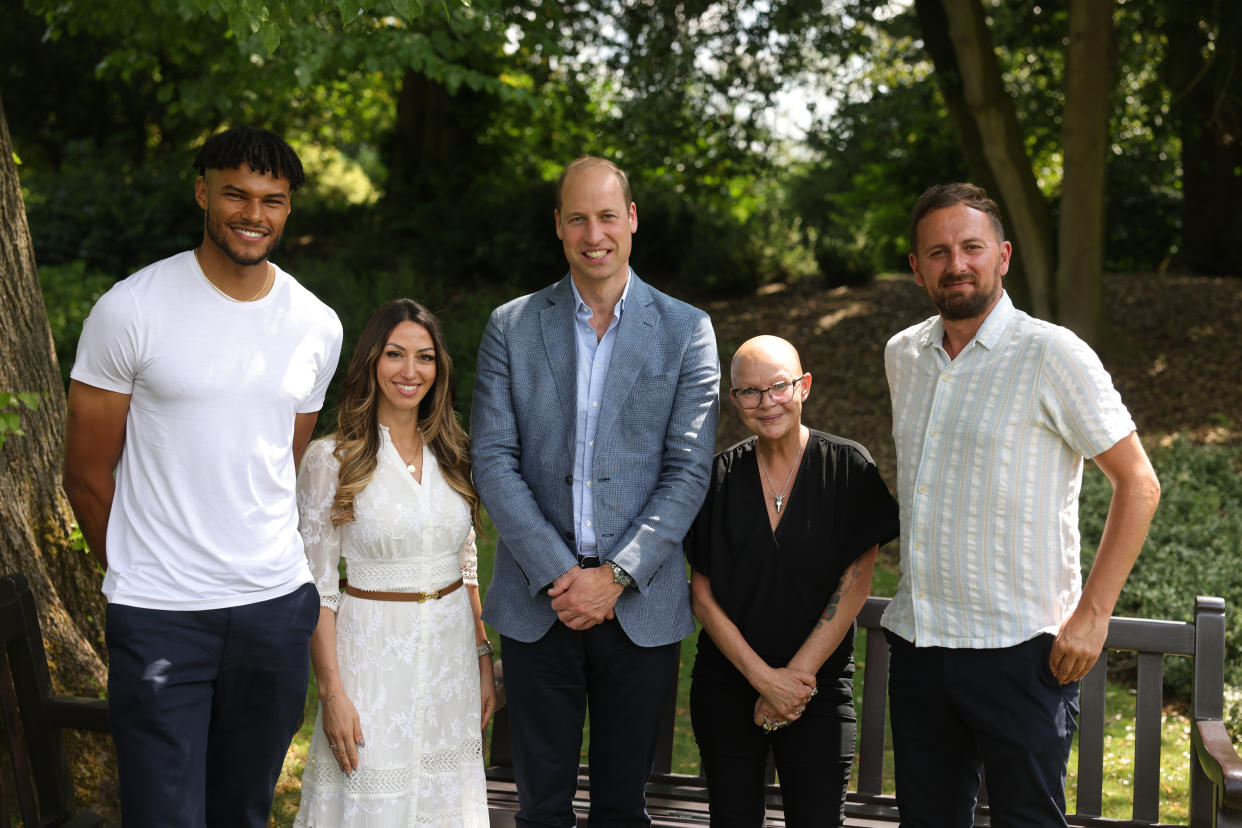
National charities like Crisis will be closely involved as sector partners, as well as those with lived experience of homelessness or those who have worked in the sector for a long time and companies like NatWest, Ikea and the Duchy of Cornwall will provide resources and investment into implementing the action plans and provide solutions to ending homelessness.
Prince William said: “Everyone should have a safe and secure home, be treated with dignity and given the support they need.
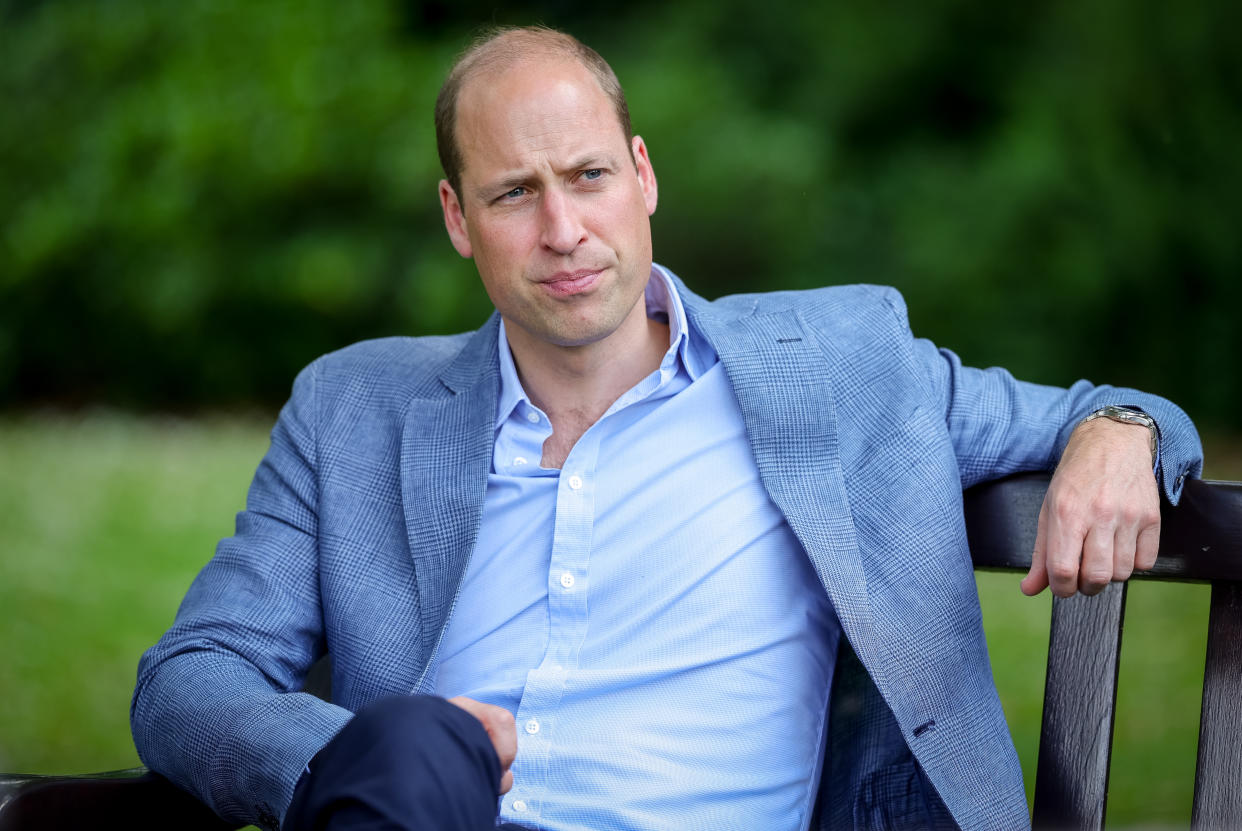
“Through Homewards, I want to make this a reality and over the next five years, give people across the UK hope that homelessness can be prevented when we collaborate.
“It's a big task, but I firmly believe that by working together it is possible to make homelessness rare, brief, and unrepeated.”
William's plans have been criticised by anti-monarchy campaign group Republic, who branded the announcement "performative", adding: "Homelessness is a political issue that needs a government response."
"The royals spend hundreds of millions a year on themselves. Until they sort that out this kind of thing is hypocritical nonsense.
"As with Earthshot, this is a small project blown out of proportion by palace PR and the media. It will not tackle homelessness."
Affordable housing plans
Earlier this month, William indicated he planned to build affordable housing on land from the Duchy of Cornwall, which he inherited upon the death of the late Queen Elizabeth and provides him with a multi-million pound income.
Asked in an interview with the Sunday Times about his plans to tackle homelessness in the UK - and specifically whether the duchy has affordable housing plans - William replied: "Social housing. You’ll see that when it’s ready. I’m no policy expert, but I push it where I can," William said when asked about his affordable housing plans.
The newspaper reported the Prince of Wales plans to "start small" and once the viability of the project has been proven "he will scale it up." William also noted that: "It’s all very well doing big gestures, but there’s no point if . . . there’s no future to it."
William has long campaigned to raise awareness of homelessness in the UK, but building social housing on his private estate is an ambitious project, and one that has gained a mixed reaction.
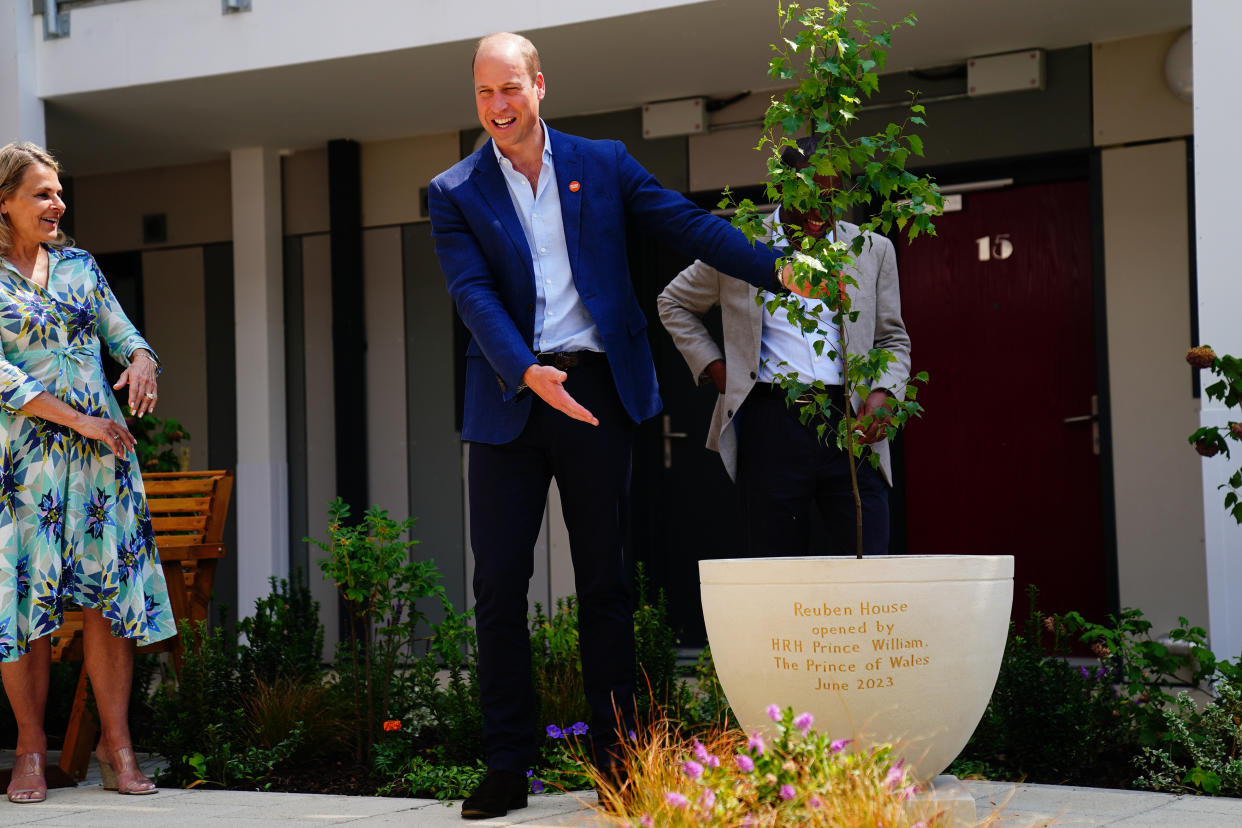
'Prince William is absolutely right. We can end homelessness'
Some applauded William's plan to use the vast amount of land on the Duchy of Cornwall to build social housing — which amounts to 128,000 acres — particularly those working in the non-profit sector.
An executive from the charity Crisis — Matt Downie — said: "Prince William is absolutely right [...] We can end homelessness. For too long it has been assumed that this problem is just too difficult or that it’s something we should simply accept as a society
"Crisis has never believed that and we stand foursquare behind Prince William in his determination to end homelessness for good."
Natasha Porter, founder of prisoner rehabilitation charity Unlocked Graduates said on Twitter: "Delighted to see today’s news that Prince William is going to focus on reducing homelessness. In prison world, far too many people are still released homeless. This sets them up to fail and reoffend."
Communications officer for the government of Jersey, Tobias Forrest, said: "Prince William is absolutely right to say that homelessness can be ended. And if he delivers on building more social housing he’ll have done more than the Conservative government ever has."
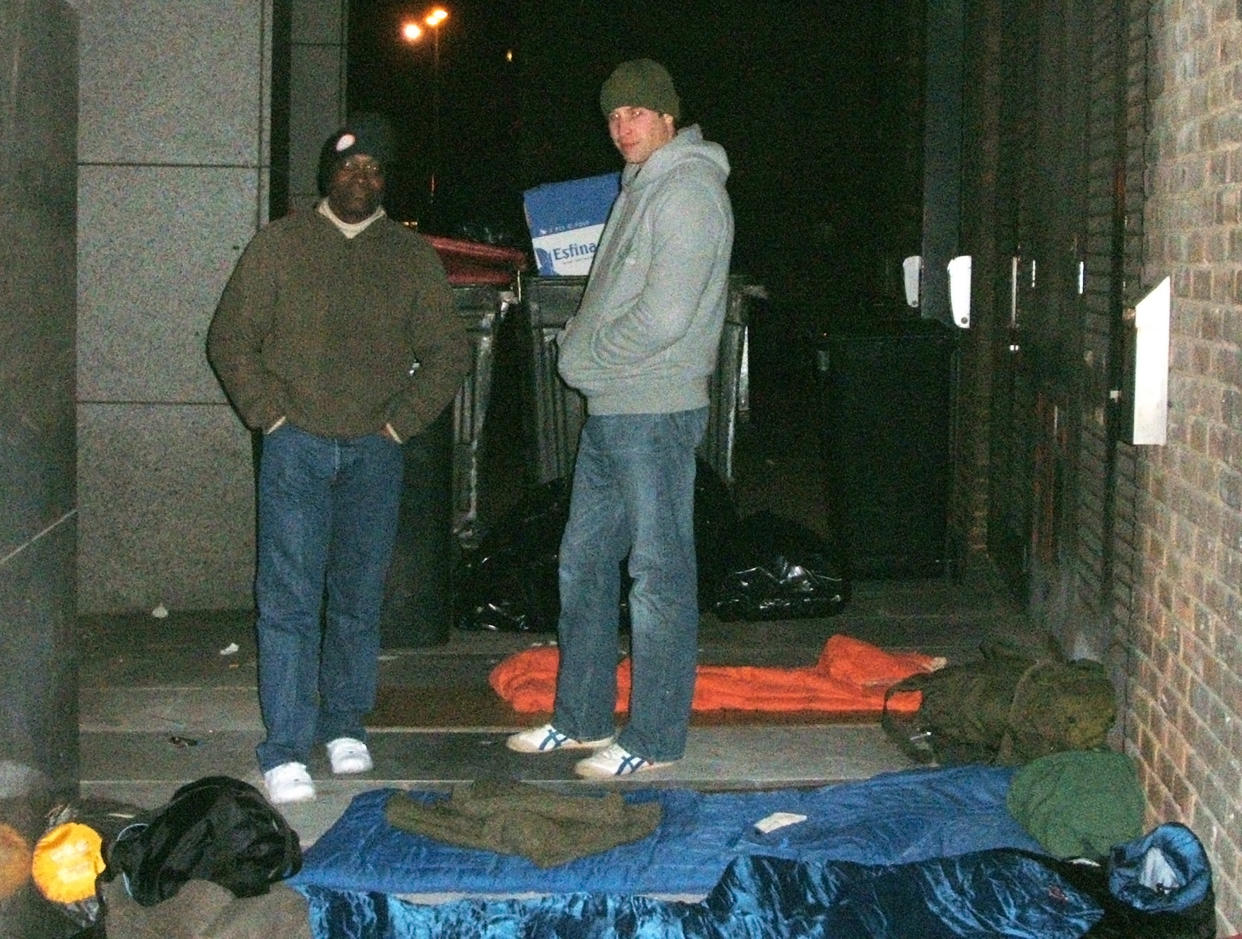
Words of caution
Some have also noted that "ending homelessness" should remain firmly in the purview of the government, rather than becoming increasingly the responsibility of the philanthropic sector.
Dr. Ed Owens, a royal commentator and historian, said the royal family has previously involved itself in the issue, including as far back as the 1850s when Prince Albert tried to improve the quality of workers' housing.
But, he warned: "The impact of this kind of royal philanthropy is also more complex than it at first seems. Whilst on the surface William's plans seem admirable, they are also profoundly political and speak to much deeper failings within Britain to properly address the social ill of homelessness.
"By 'capturing' this issue as an area where royalty is legitimately able to take a lead in offering solutions, the monarchy is working to transform homelessness from an issue that was once the responsibility of government to something that will instead increasingly be the focus of philanthropists, voluntarist groups and the private sector."
Lawyer and broadcaster Chris Daw said: "I have enormous respect for Prince William’s commitment to the homeless but the truth is that nothing will change for them. Until the government changes."
Prince William: I want to end homelessness in Britain (Sunday Times, 10 min read)
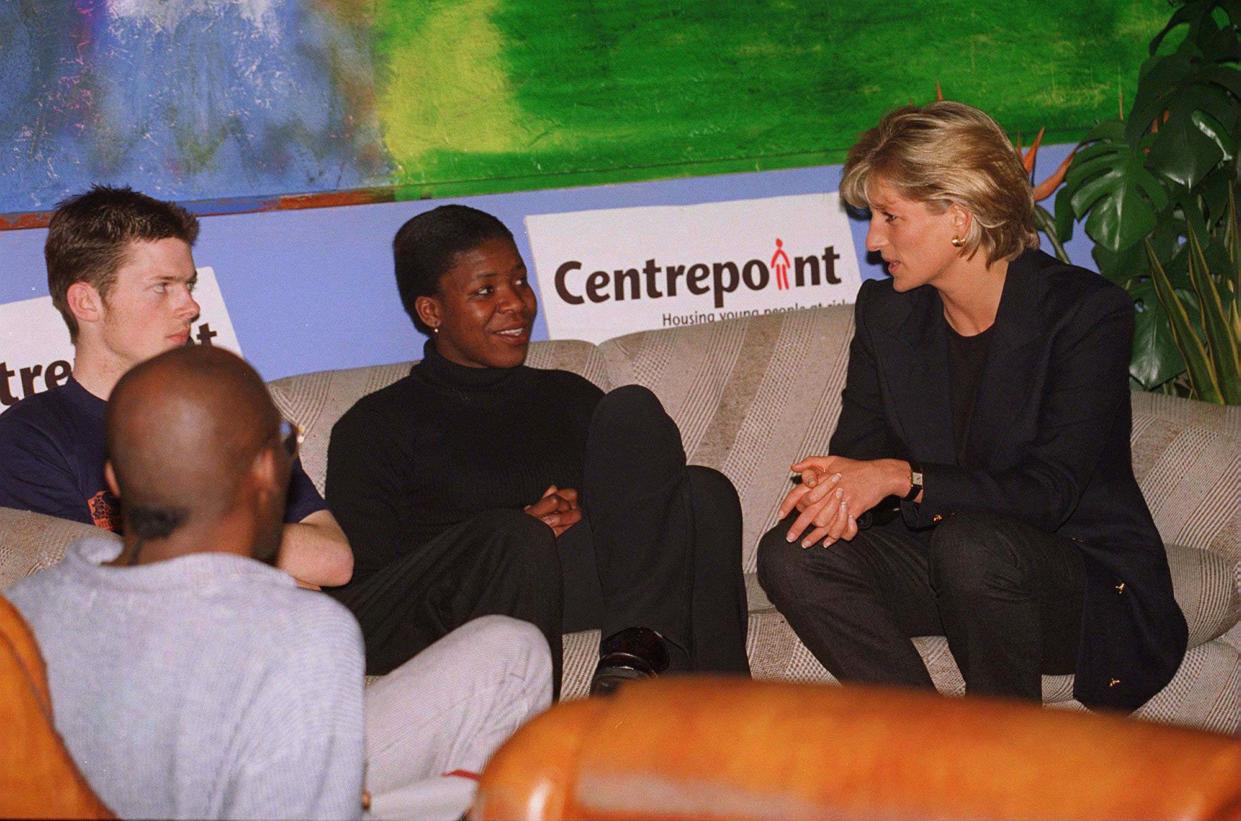
'This isn't journalism. It's PR'
Other interpretations have been more cynical about the motivations behind the announcement in William's Sunday Times interview that he would plan to use Duchy land for social housing.
Graham Smith, chief executive of anti-monarchy campaign group Republic, said of the coverage: “This isn’t journalism, it’s PR. William could give up the Duchy and allow the government to put that money into tackling homelessness.
“He could give up the monarchy and campaign against government policy. But he just wants to use the issue to make himself feel important.”
Dr. Ed Owens also noted that, historically, there are other reasons the royals attach themselves to issues like homelessness.
“Partly, of course, its about well-intentioned philanthropy and, back in the Victorian period, royal charity was also underpinned by a deeper Christian view of the world.
“But it's also about trying to maintain visible connections to the poorest and most vulnerable in society: the royals have long-recognized that their public images as sympathetic, caring individuals are enhanced when they align themselves with the interests of these social groups.
“This makes it more difficult for critics of monarchy to complain about the institution, including the royal family's own massive personal wealth and lavish homes.
“Royal philanthropy of this kind was, and continues to be, about the survival of monarchy. It was developed as a specific response to revolutions in Europe both in the 1840s and again after the First World War, where popular uprisings got rid of crowned heads of state.
“We should interpret William's work on homelessness as another iteration of this PR strategy: it's crucial to be seen doing good at a time of growing social unrest and political disenchantment.”
The public is tiring of the Royal Family’s performative philanthropy (i Paper, 3 min read)
Watch: Can King Charles Change Gen-Z's minds about the Royal Family


